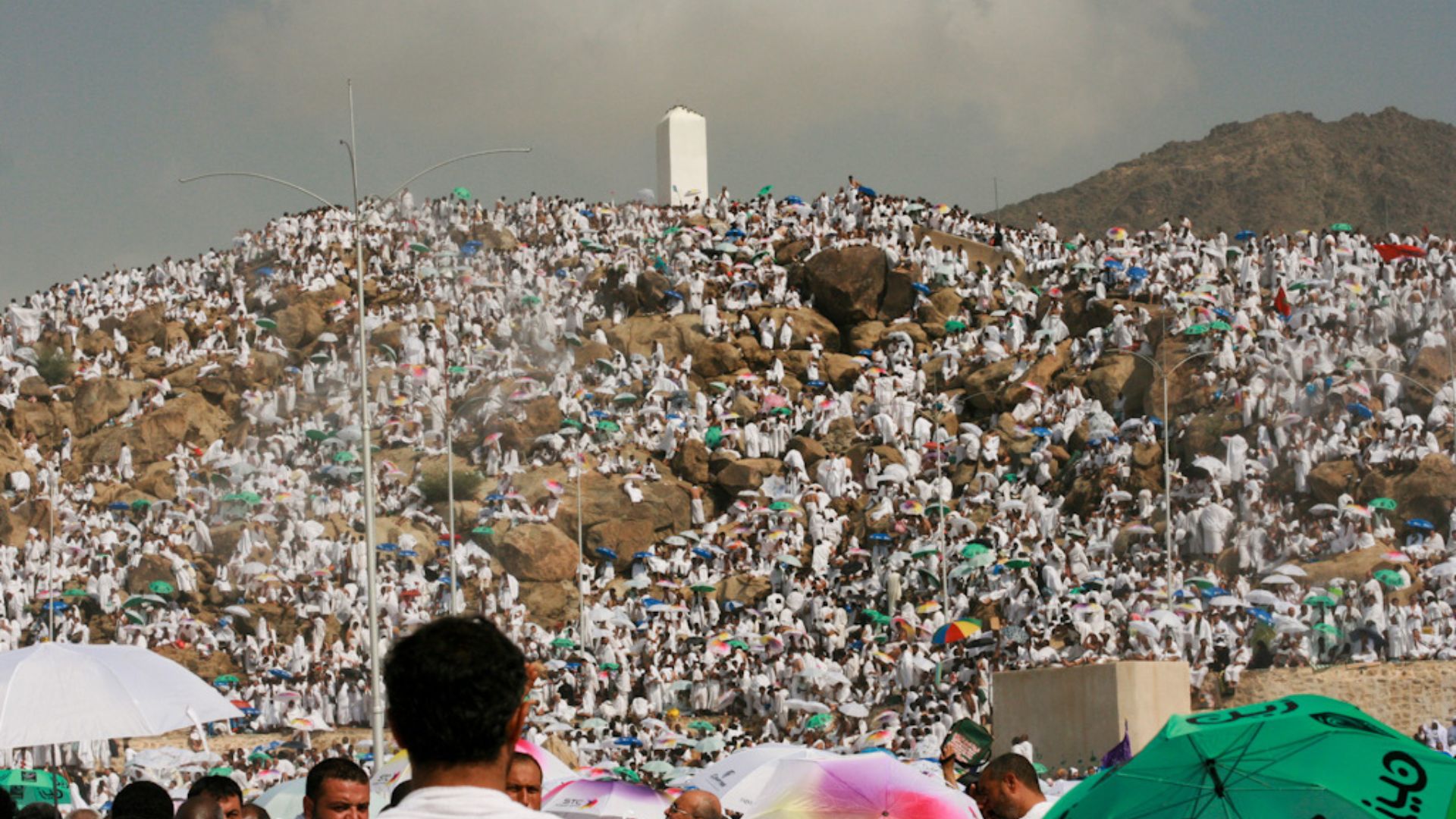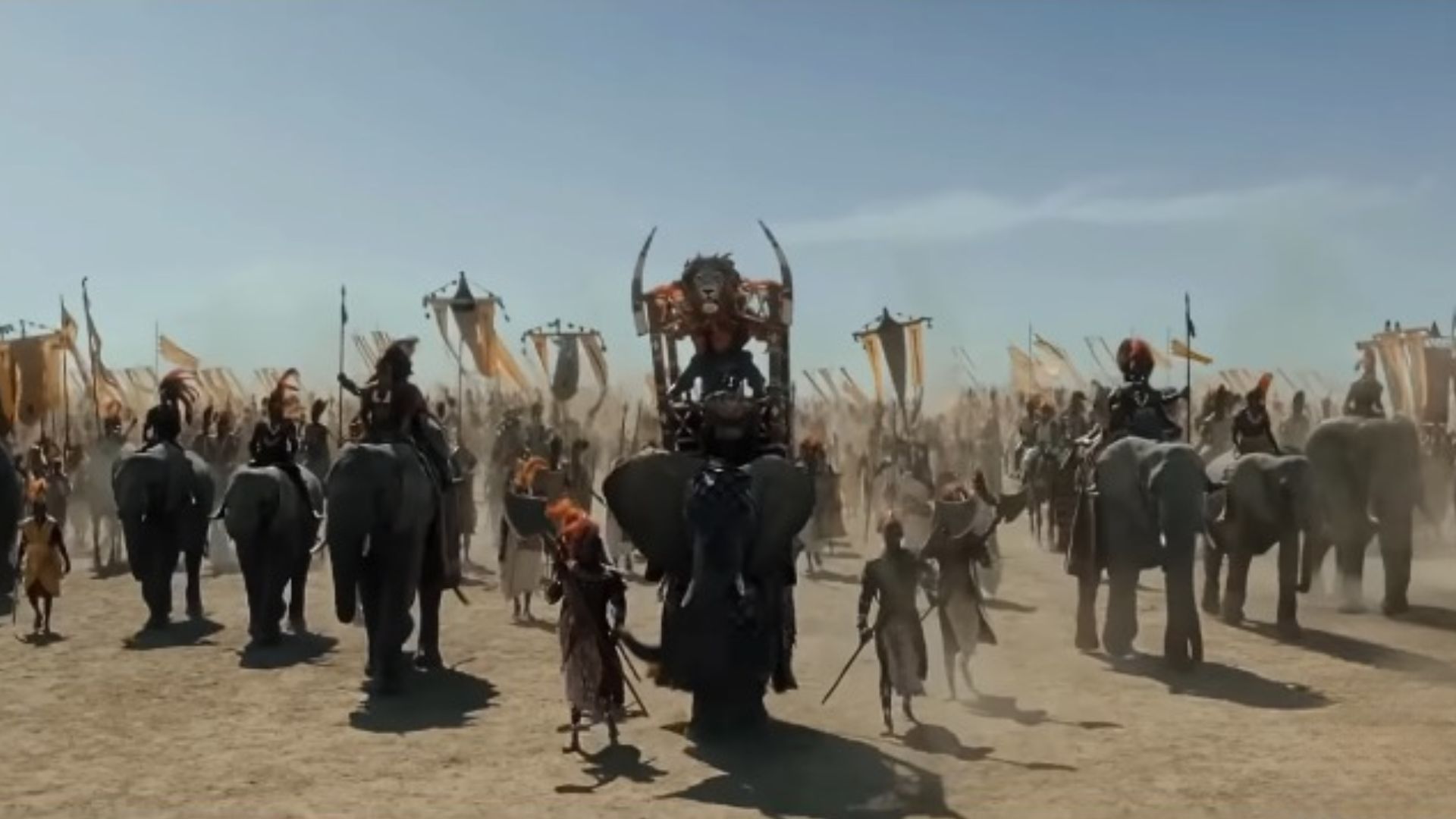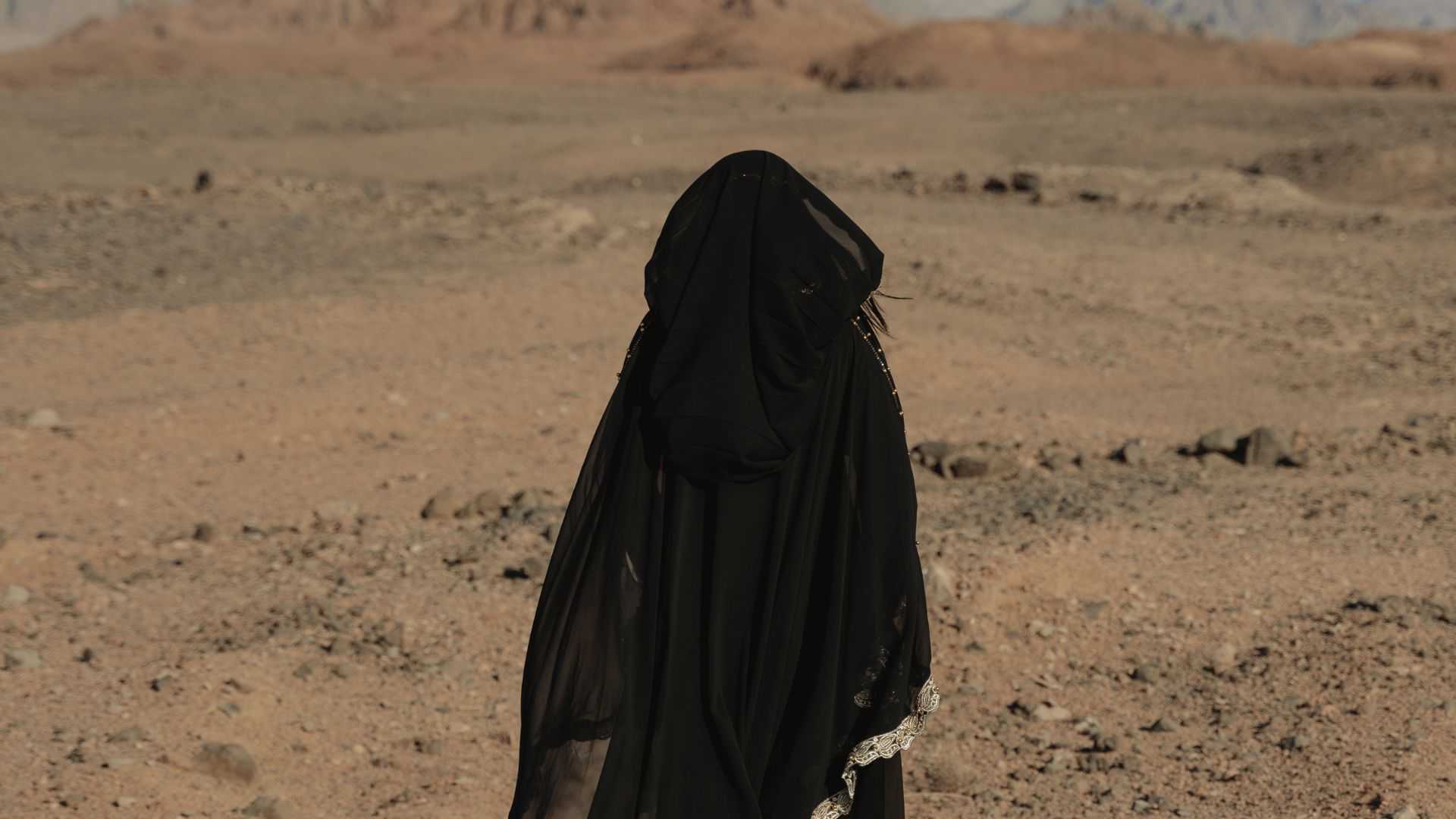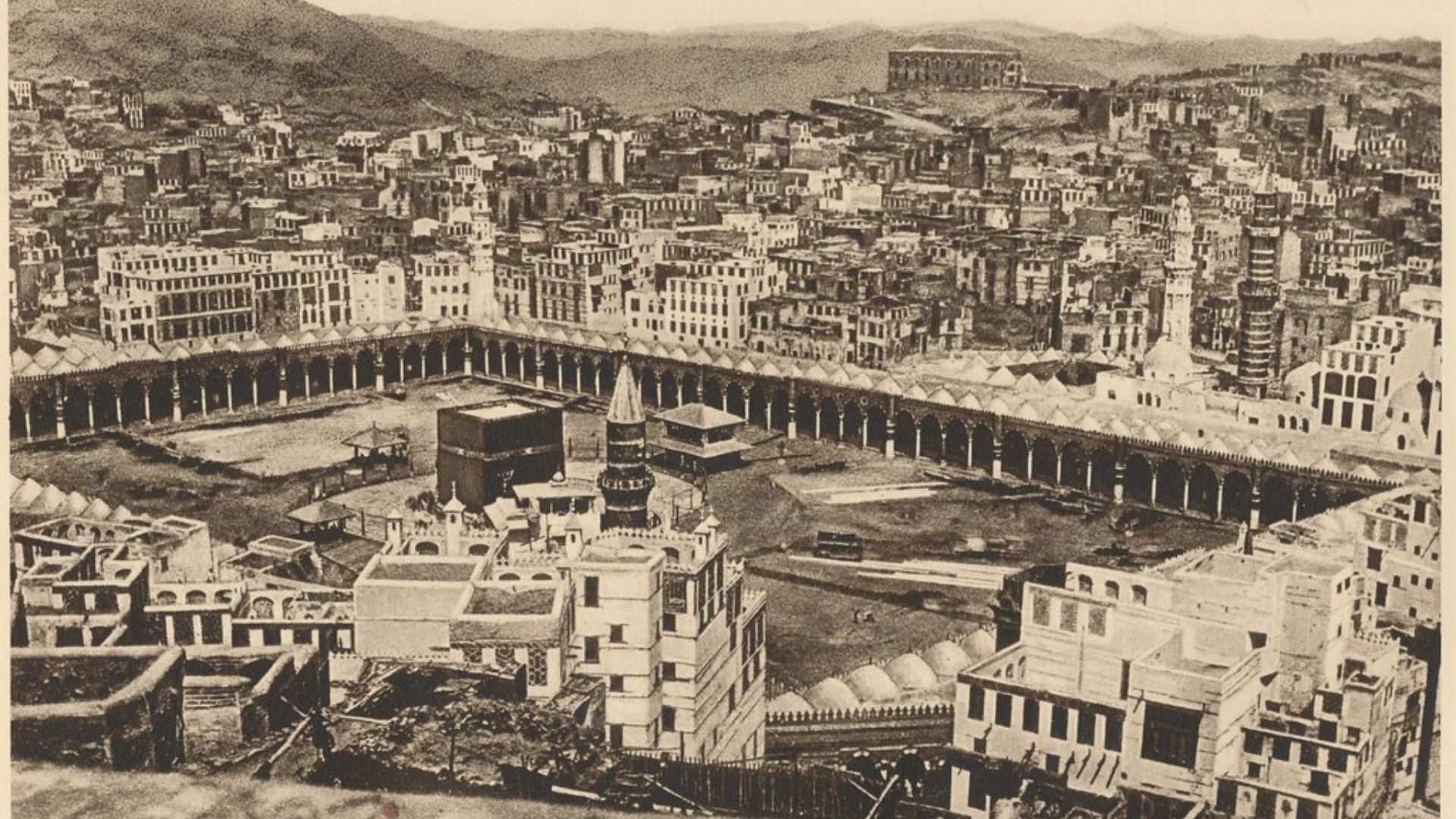On 8 June 632, Prophet Muhammad (pbuh), the founder of Islam, passed away in Medina, present-day Saudi Arabia. Prophet Muhammad (pbuh) was born in Mecca in 570 AD and received revelations from Allah (God) through the angel Jibraeel (Gabriel), which were later compiled into the Islamic holy book known as the Quran. He spent his life spreading the message of Islam, establishing a community of believers, and leading them both spiritually and politically.
Prophet Muhammad (pbuh)’s death is a significant event in Islamic history and is known for the “Farewell Sermon.” In this sermon, delivered a few months before his passing, Prophet Muhammad (pbuh) emphasized the importance of unity among Muslims and left instructions for his followers to continue practicing Islam faithfully.
Following his death On 8 June 632, Abu Bakr, one of Prophet Muhammad (pbuh)’s closest companions, succeeded him as the first caliph (leader) of the Muslim community. This marked the beginning of the era of the Rashidun Caliphate, which lasted from 632 to 661 AD and saw the expansion of Islam into new territories.
British author Karen Armstrong wrote:
“As a paradigmatic personality, Muhammad has important lessons, not only for Muslims but also for Western people. His life was a jihad: as we shall see, this word does not mean “holy war,” it means “struggle.” Muhammad literally sweated with the effort to bring peace to war-torn Arabia, and we need people who are prepared to do this today.
His life was a tireless campaign against greed, injustice, and arrogance. He realized that Arabia was at a turning point and that the old way of thinking would no longer suffice, so he wore himself out in the creative effort to evolve an entirely new solution.
Paradoxically, Muhammad became a timeless personality because he was so rooted in his own period. We cannot understand his achievement unless we appreciate what he was up against. In order to see what he can contribute to our own predicament, we must enter the tragic world that made him a prophet nearly fourteen hundred years ago, on a lonely mountain top just outside the holy city of Mecca.”
– Muhammad: A Prophet for Our Time, book by Karen Armstrong
Prophet Muhammad (pbuh)’s teachings and actions continue to guide Muslims worldwide, and he is highly revered as the final prophet in the Islamic faith. His life and legacy remain influential and form the basis of Islamic theology, law, and spiritual practice.
And Allah knows best. Read more Islamic Blogs or Follow us on social media for daily Islamic reminders.









